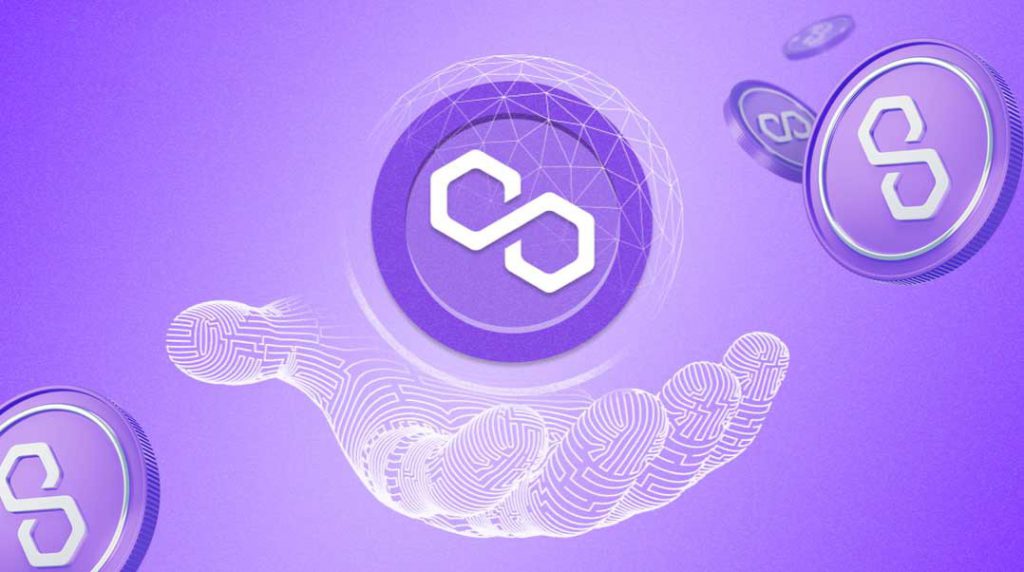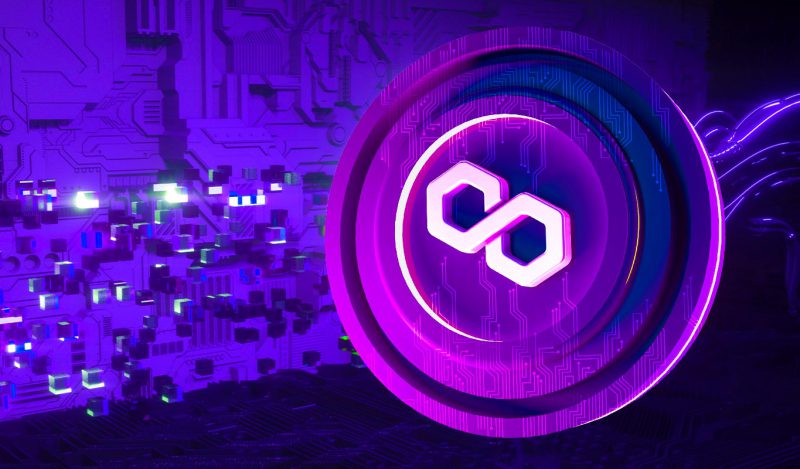In a brand new blog post, Polygon Labs has introduced a proposal that would integrate a MATIC Upgrade into a new POL token. Moreover, the newly released White Paper unveiled a process that would transform its native token into a new, upgraded asset.
MATIC has been the native token for the Polygon ecosystem since its arrival in 2020. However, the proposal has announced hopes of improving, “Polygon’s infrastructure” through the development and introduction of a “redesigned Polygon protocol architecture.”
Also Read: Polygon 2.0 Upgrade is Near, as MATIC Price is Up 10%
Polygon to Upgrade MATIC to POL?
Polygon Labs has long been a notable entity in the digital asset space. It has risen in prominence due to a host of high-profile partnerships that have placed it in rarified air. Working alongside companies like Google, Starbucks, Disney, and the Warner Music Group. Yet, the company is seeking to grow through a new integration that could bring about massive change.
Specifically, Polygon Labs has just introduced a new proposal that would upgrade its native MATIC token to a new POL asset. Indeed, a new blog post by the digital asset company has discussed a newly published White Paper proposing the POL token. Subsequently, they described it as “a technical upgrade of the native asset of the Polygon Network.


Also Read: Polygon Rallies 9.2% After New CEO is Appointed
The comprehensive document was comprised of a collection of researchers and Polygon founders. Additionally, it aims to bring forth POL as a third-generation asset whose creative purpose is to enhance native token functionality. This would be viable through the authorization of validators to validate multiple chains. Thus, allows these chains to fulfill multiple purposes and provide subsequent rewards for those validators.
The upgrade will bring a plethora of positives to the ever-growing Polygon network. With aspects like security being increased through the integration of the Proof-of-Stake (PoS) consensus mechanism. Moreover, with scalability concerns holding the blockchain back, POL could confront, and eliminate, that issue.





